Ranked! The 10 worst Premier League managers of the 2010s
The Premier League has had some of the world's best coaches this decade, but not everyone has been a roaring success.
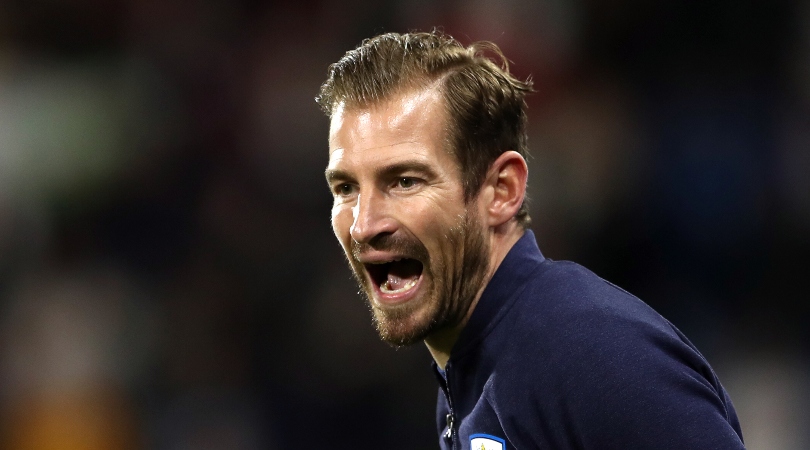
We’ve done the hard work, toiling over 10 years of Premier League action to name and rank the division’s 10 best managers this decade. Now it’s time for some fun. At least, it’ll be fun unless you support a club managed by a member of the rogue’s gallery below, in which case it’ll be harrowing. Remember these sorry sods? In FFT’s opinion, and therefore law, they were the worst of what the 2010s had to offer.
Candidates weren’t in short supply. The tricky part was selecting only 10. Among those who just weren’t quite bad enough were Iain Dowie (technically he wasn’t even Hull’s manager) and Avram Grant (less technically, he’s suffered enough). Our nominal joint-No.11s are Alan Irvine and Mauricio Pellegrino, both so forgettable as to be virtually non-existent – they even look like generic avatars from Football Manager.
By sheer coincidence, our top/bottom 10 – our top/bottom 12, in fact – are all here representing different clubs. That wasn’t deliberate, but it’s nice to be able to spread the misery far and wide.
Behold, the worst Premier League managers of the decade. ‘Enjoy’.
10. Felix Magath
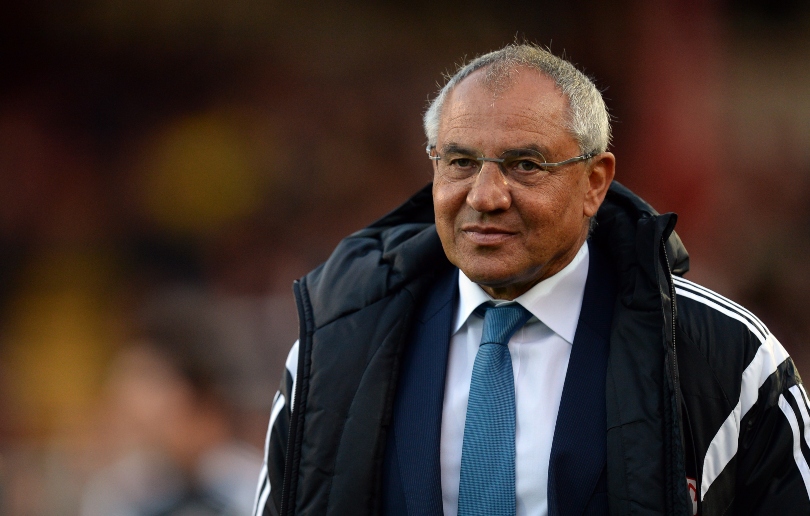
If you’re surprised to see Magath’s name so early in this countdown, consider that on results alone, the Premier League’s first German manager – in 2014! – was surprisingly un-hideous: a point per game across the season keeps a team up these days. The problem was that Fulham were already going down when they appointed him, and although Magath took them from 20th with 20 points from 26 games (four points from safety) up to 19th with 32 points from 38 (still four points from safety), the Cottagers needed much more than marginal improvement.
He also ignored Fulham’s record signing, Kostas Mitroglou, and played the 6ft 7in Dan Burn at full-back, although apparently when Graham Potter does that, he’s a genius. Burn’s tormentor that day, Oussama Assaidi, said afterwards that Burn pleaded with him to swap wings, which makes you wonder exactly how Potter convinced him to play there for Brighton this season.
Get FourFourTwo Newsletter
The best features, fun and footballing quizzes, straight to your inbox every week.
Then, of course, there’s the cheese. In case you’ve spent the past five years or so living in the same cave as Magath’s GP, the gist is this: the manager suggested treating Brede Hangeland’s thigh injury with quark cheese, to the point of sending Fulham’s kitman to Tesco with a shopping list.
When a club regrets not sticking with Rene Meulensteen, something has gone horribly wrong.
9. Bob Bradley
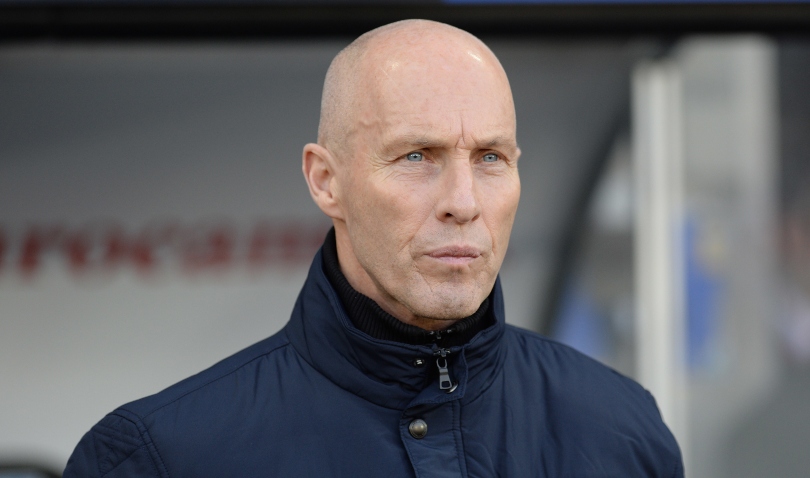
Goals galore and a defeat: Bob Bradley’s first match in charge, a 3-2 loss away to Arsenal in October 2016, gave Swansea fans a good idea of what to expect. OK, not quite. That wasn’t a terrible result.
Though the Swans scored freely under Bradley, putting five past Crystal Palace, three past Sunderland, and finding the net in eight of his 11 matches, there is a reason there were only 11 matches. Bradley’s team conceded more than a bad debater, and almost as apologetically. A record of 11 fixtures, 29 goals against, means that a full Premier League season of Bradleyball would’ve seen Swansea hit the magical 100-GA mark, something that’s yet to happen in a 38-game campaign. Frankly, it was selfish of the club to deny us that. Four goals per game at either end? Hell yeah!
It must be said that there was no little anti-American sentiment among many of Bradley’s detractors. He was still crap.
8. Remi Garde
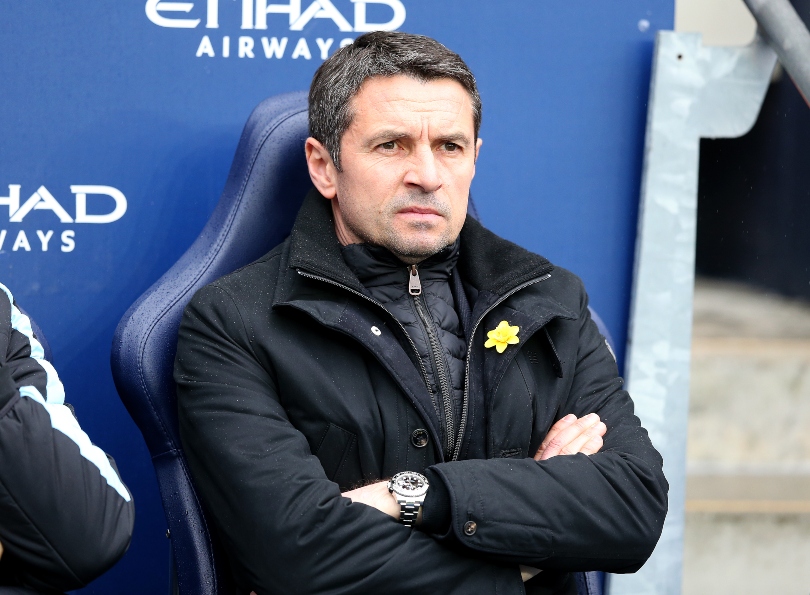
Garde does deserve some sympathy. When he arrived, Aston Villa had suffered seven consecutive Premier League defeats (a club record, at least for a few months) and were rock-bottom with four points from 11 games and a lamentably poor squad. A resigned board gave him no signings in January, and before then, Garde’s efforts to integrate the numerous French players already in the squad saw him accused of being, well, French. Jordans Amavi and Veretout earned Villa a draw against Manchester City in Garde’s first game but sure, the relegation was a French surrender; after all, Tim Sherwood’s band of merry Englishmen – your Lescotts, your Richardsons, your Richardses – were doing just fine before Garde turned up.
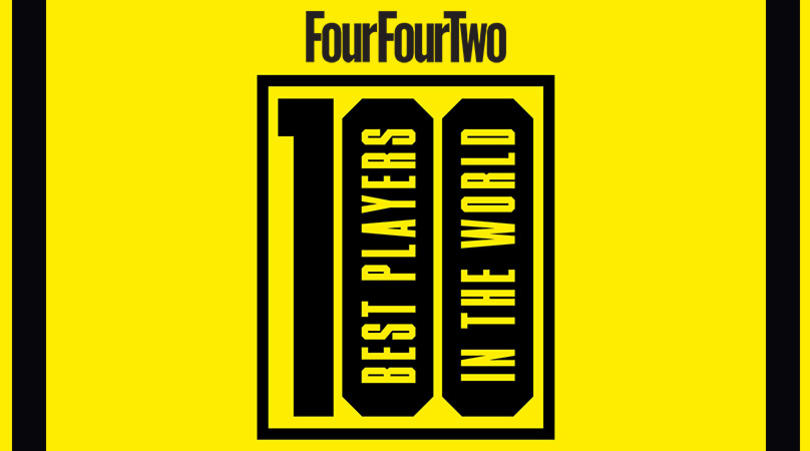
Right, that’s our defence of Garde out of the way: now for the attack. He had none. In 20 top-flight games under the former Arsenal defender, Villa scored 12 goals, to go with their 12 points and 12 defeats. Top scorer in that time was Jordan Ayew with three; joint-second were Rudy Gestede and Own Goal.
Ultimately, in 2015/16 Aston Villa had more managers than league wins, and amassed a mere 17 points – still the Premier League’s fourth-lowest tally. That abysmal campaign may not have been entirely Garde’s fault, but he was in charge for a little over half of it, just as he was in charge for a little over half of their new club record: 11 consecutive Premier League defeats.
Verdict: guilty, with diminished responsibility.
7. Brian Laws

Burnley lost 14 of their 18 Premier League fixtures under Laws, whom they hired in January 2010 to replace the Bolton-bound Owen Coyle. One of the few victories was against a hungover and half-arsed Spurs on the final day, when the visitors (with Ben Alnwick in goal) had already qualified for the Champions League and when Burnley were already down.
On the plus side, Laws didn’t break a player’s face with a plate of chicken wings this time.
6. Paolo Di Canio
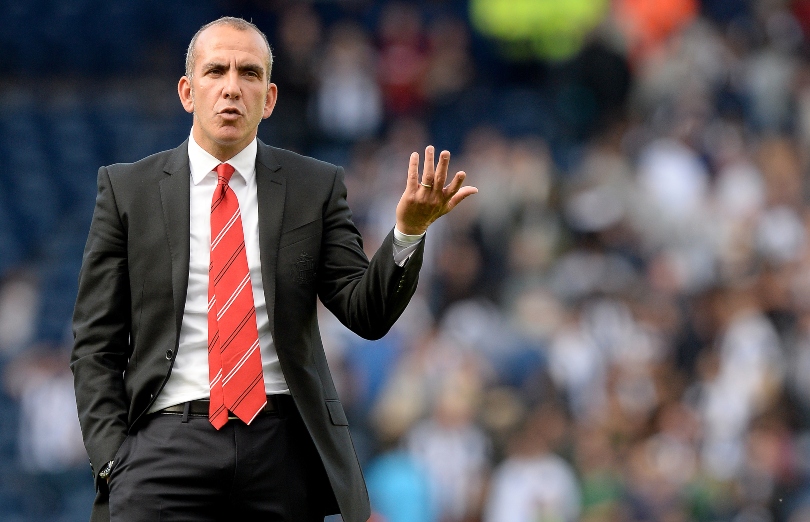
Sandwiched between two managers who couldn’t keep their teams in the league is one who, to be fair to him, did. That’s also all the good that Di Canio did at Sunderland. Well, that and beat Newcastle 3-0, but this was during a period when that seemed to be a weekly occurrence.
The Italian’s entire managerial career reads Swindon (2011-13), Sunderland (2013), which isn’t a great sign: not many coaches enter a six-year hiatus after leaving their biggest gig at the age of 45. But then it didn’t start well, either, vice-chairman David Miliband (remember him?) resigning while a mining union withdrew their support for the club, appalled that Sunderland had appointed a self-confessed fascist. Snowflakes.
Di Canio did ‘save’ Sunderland from relegation, just as a school bully ‘saves’ his victim by only pretending to push them off a ledge, in that the club were 16th when Di Canio joined them on March 31st and 17th when the season ended. Then the 2013/14 season began and the dizzying highs of Di Canio’s eight points from seven games became one point from five, and he was dismissed after Sunderland’s players complained to the CEO about his apparently abusive methods. Snowflakes.
Also, we can’t ignore Di Canio’s only transfer window. Ki Sung-yueng and Fabio Borini were a cracking pair of last-minute loans, but 14 players arrived in all. Jozy Altidore added one goal in 42 Premier League appearances for the Black Cats to his one goal in 28 for Hull. Andrea Dossena returned to England and ended up swapping Sunderland for Leyton Orient. Then there’s the Sporcle-busters: Ondrej Celustka, El Hadji Ba, Cabral, Valentin Roberge, Modibo Diakité, Charis Mavrias, David Moberg Karlsson… try to recall anything about them. Go on. We dare you.
5. Terry Connor
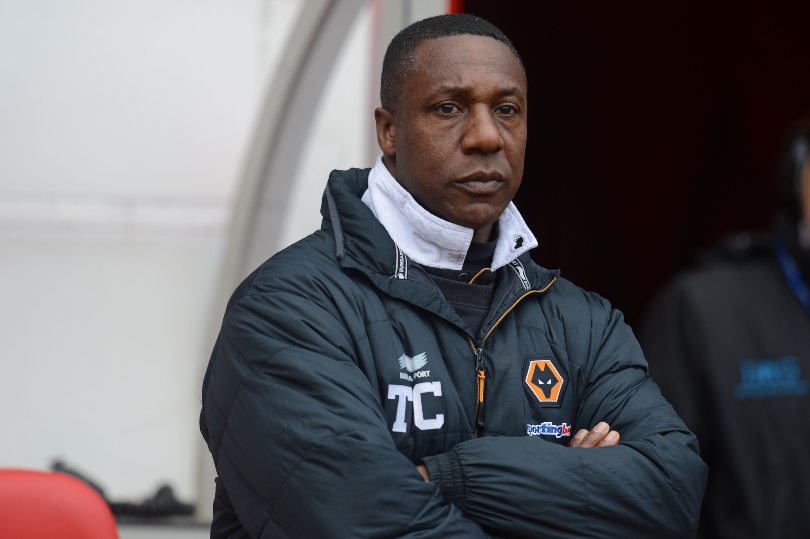
It’s hard not to feel sorry for Connor, thrust into a job above his pay grade, but four points from 13 games is not a good look. Spread that over a 38-game season and you’d… still better Derby’s total in 2007/08. Huh. That Derby team really was bad, wasn’t it?
The debacle of Wolves’ 2011/12 campaign reflects worse on the club’s higher-ups than it does on Connor. While Sacking Mick McCarthy wasn’t totally absurd, with his last 11 games in all competitions bringing one win (his last 23, only three), there was no succession plan.
Connor’s Wolves actually came back from 2-0 down in his first match to draw 2-2 away at Newcastle, who’d end up finishing 5th. It was a false dawn, however. A run of seven defeats followed, then three draws and two more defeats. Connor was winless in his 13 Premier League matches. Still, hindsight’s 20/20 and all that.
4. Steve Kean
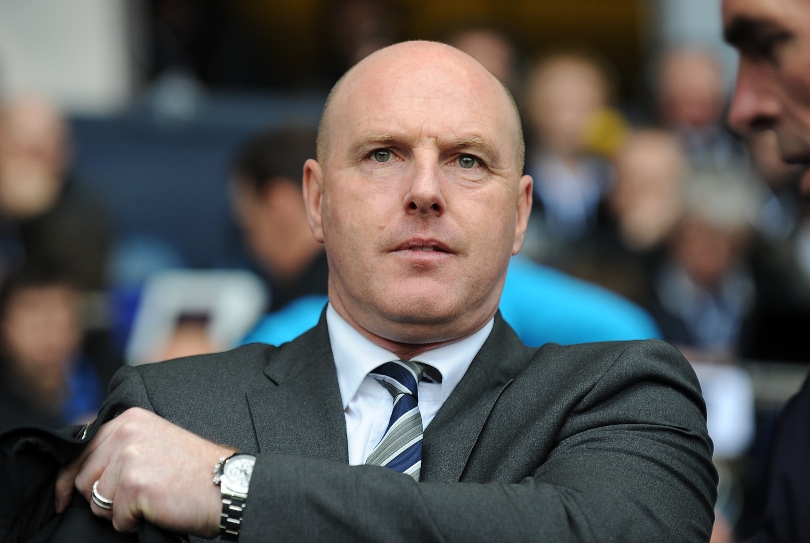
Somehow, Kean was Blackburn’s manager for as long as a year and nine months, although we’re sure that to Rovers fans it felt even longer. His reign was twice the length of anyone else’s on this list.
His appointment in 2010/11 foreshadowed Connor’s a year later, as a confused club fired a reliable old warhorse and appointed one of his underqualified underlings. Sam Allardyce wasn’t exactly setting the world alight with Blackburn, but 13th place and a point behind 8th was a damned sight better than where Kean would take them.
As well as relegating Rovers, personally slandering the “crook” Allardyce and managing to lose one game without his players having a single shot, on or off target, Kean also “forfeited” (his word) a League Cup quarter-final against second-tier Cardiff, choosing to focus on the “cup finals” (his words) that remained in Blackburn’s relegation battle.
Kean probably looked at the other six teams in the hat – Manchester United, Manchester City, Chelsea, Liverpool, Arsenal and Crystal Palace – and considered the League Cup a write-off. Then Cardiff beat Blackburn and drew Palace, before taking Liverpool to penalties in the final at Wembley. What was that we were saying about hindsight?
3. Frank de Boer
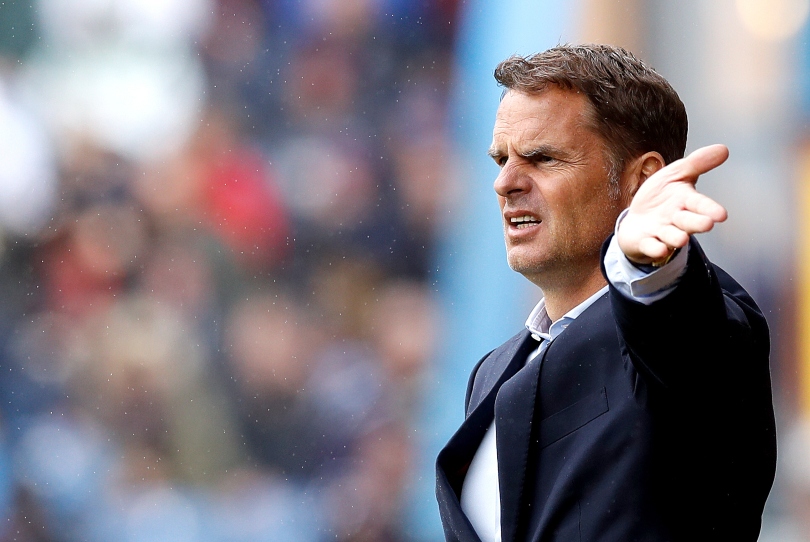
We could’ve included fellow managerial mayfly Neil Adams, whose five Premier League matches bossing Norwich at the end of 2013/14 brought one draw and four defeats, but Adams was thrown in at the deep end of a shark tank. Frank de Boer was sacked after his, and Crystal Palace’s, first four matches of 2017/18.
Too soon? Arguably. But maybe Steve Parish glimpsed a future in which the apparently free-scoring Huddersfield, who won 3-0 at Selhurst Park on their and De Boer’s Premier League debut, would go on to score 47 goals in their other 75 top-flight fixtures.
De Boer was given a bum deal at Palace. The club wanted a radical change of pace, shifting from Sam Allardyce’s system to something more passing-oriented, and they gave their new manager one player with which to implement this revolution: 20-year-old Jairo Riedewald from Ajax, whose career path took a slightly different trajectory to those of his 2017 Europa League Final team-mates, Matthijs de Ligt, Davinson Sanchez and substitute Frenkie de Jong. De Boer was allowed to loan in two youngsters and panic-buy Mamadou Sakho on deadline day, a snip at £26m, but that was no use.
Even so, De Boer’s Palace were painful to watch, in attack and defence. A league record of P4 W0 D0 L4 F0 A7 almost reflects too well on the Dutchman. At least he won a cup tie.
2. John Carver
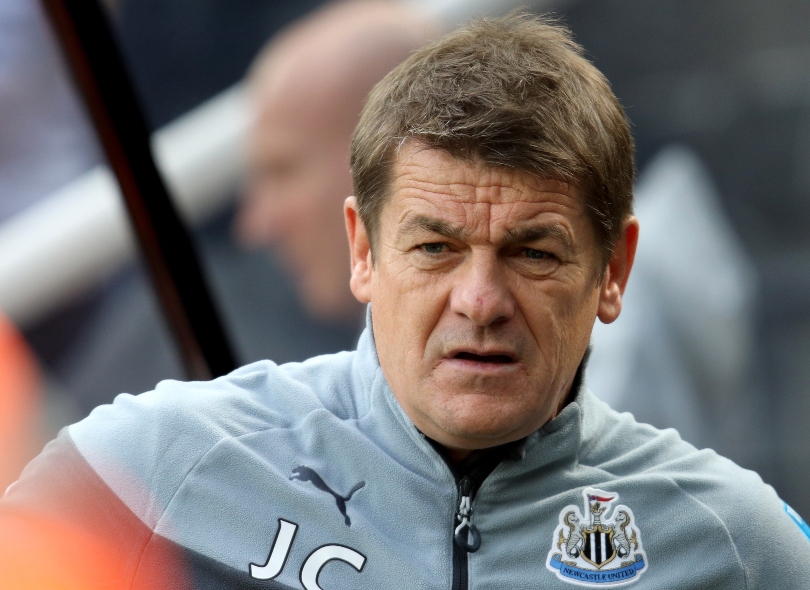
Most managers here can offer the defence that they inherited a crap unit. Carver almost relegated a top-half team.
Newcastle were 10th when Carver began work on the first day of 2015, initially as caretaker manager. They were two points behind Liverpool and as close to third place as they were to relegation. As caretaker, Carver lost three matches, drew one, then inexplicably got the job until the season’s end, having apparently proved… something? We’re sure Mike Ashley had his reasons. Whatever they were, Newcastle ended up needing a win on the final day to guarantee safety.
Under Carver, Newcastle’s capacity to lose matches was remarkable. He was the MacGyver of losing at football. Whatever the circumstances, opposition and tools at his disposal, Carver would find a way. Furthermore, that a man felt secure enough to say, “I still think I’m the best coach in the Premier League” after taking nine points from 16 games is a damning indictment on us as a species.
Carver was in charge for 19 Premier League fixtures and lost 12 of them, including eight in a row. He was truly diabolical.
1. Jan Siewert
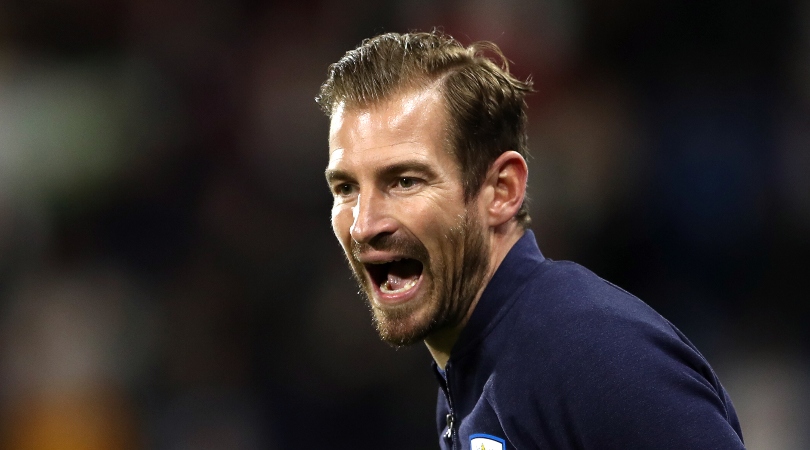
Lost. Lost. Lost. Lost. Won 1-0 in stoppage time. Lost. Lost. Lost. Lost. Lost. Lost. Lost. Lost. Drew. Drew. In Siewert's defence, maybe the end of the 2018/19 season came too soon, just as things were picking up.
We often hear the phrase, ‘they deserve more credit’. Last season, Huddersfield deserved more criticism. One of English top flight football’s worst-ever campaigns went largely ignored, and while David Wagner got a pass because he conducted a miracle in taking the club into the Premier League to begin with, Siewert had no such excuse.
Huddersfield’s relegation was seen as a fait accompli. Perhaps it was. But Siewert’s side weren’t so much Terriers as lap dogs – dire with about eight ‘i’s. The club appointed him with 11 points from 23 games; they ended the season with 16. Of the nine goals Huddersfield scored in 15 Premier League matches under Siewert, three came in stoppage time and three more came in one game, which they lost. They were relegated in March.
While it’s true that Huddersfield’s squad didn’t really belong in the Premier League, they did spend nearly £100m on improving it across their two seasons there. By the end, they genuinely looked much worse. Ultimately, that was all down to one Jan. Siewert we did there?
While you're here, why not take advantage of our brilliant subscribers' offer? Get the game's greatest stories and best journalism direct to your door for only £9.50 every quarter – that's roughly £2.90 per issue. Cheers!
NOW READ...
ANALYSIS Arseblog: Why Mikel Arteta's Arsenal appointment might actually work
QUIZ Can you name the 48 Premier League managers with at least 50 wins?
GUIDE How to watch Amazon Prime Premier League fixtures on Boxing Day for FREE
Huw was on the FourFourTwo staff from 2009 to 2015, ultimately as the magazine's Managing Editor, before becoming a freelancer and moving to Wales. As a writer, editor and tragic statto, he still contributes regularly to FFT in print and online, though as a match-going #WalesAway fan, he left a small chunk of his brain on one of many bus journeys across France in 2016.
